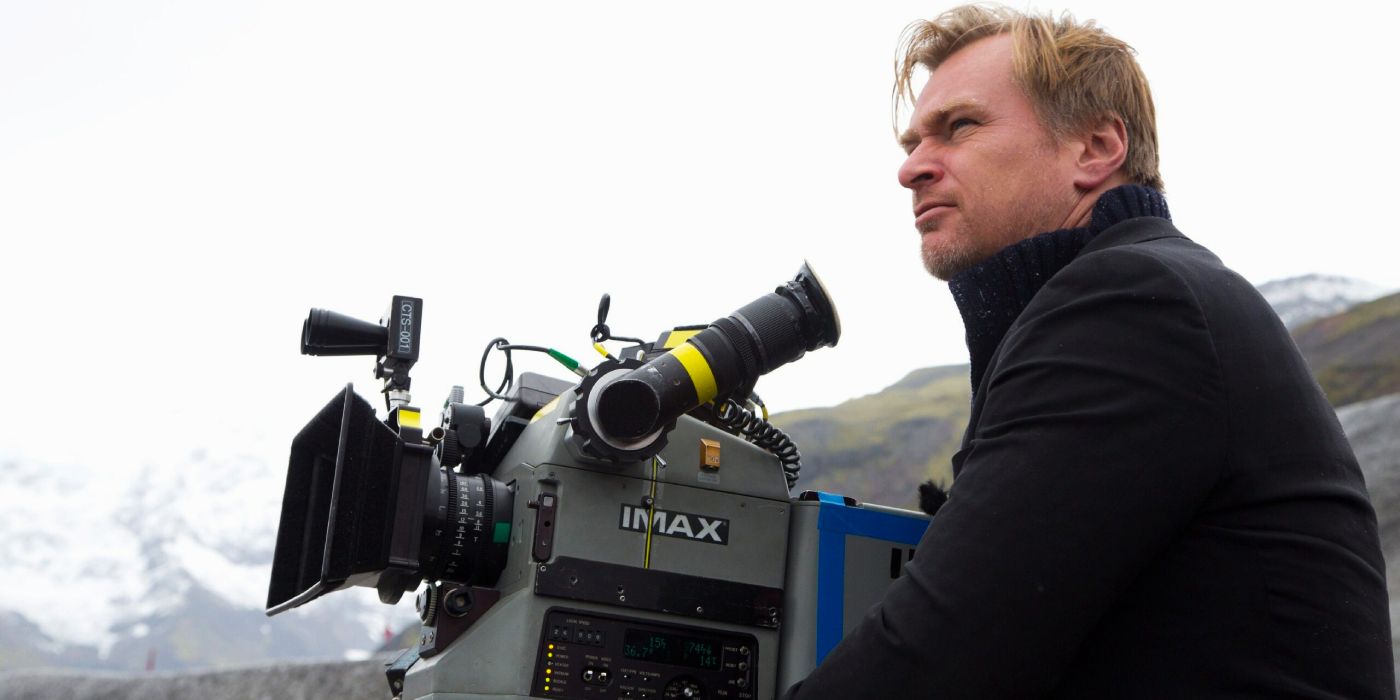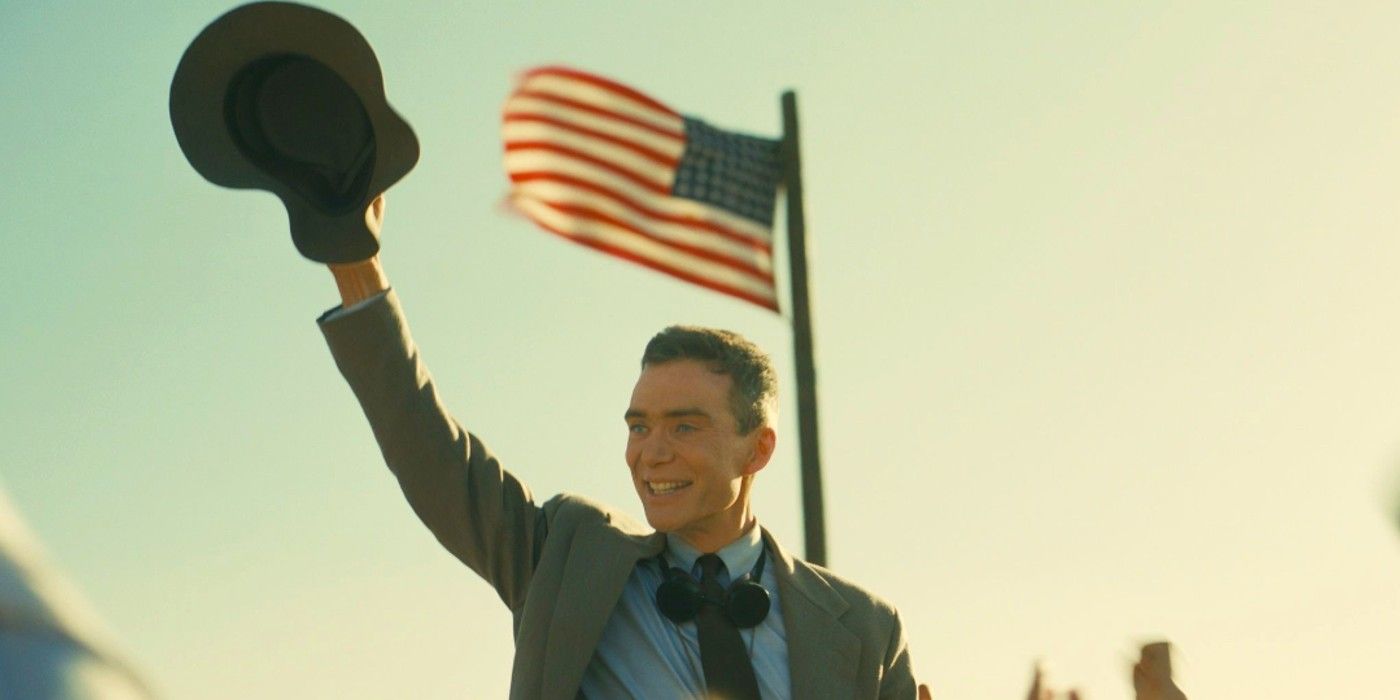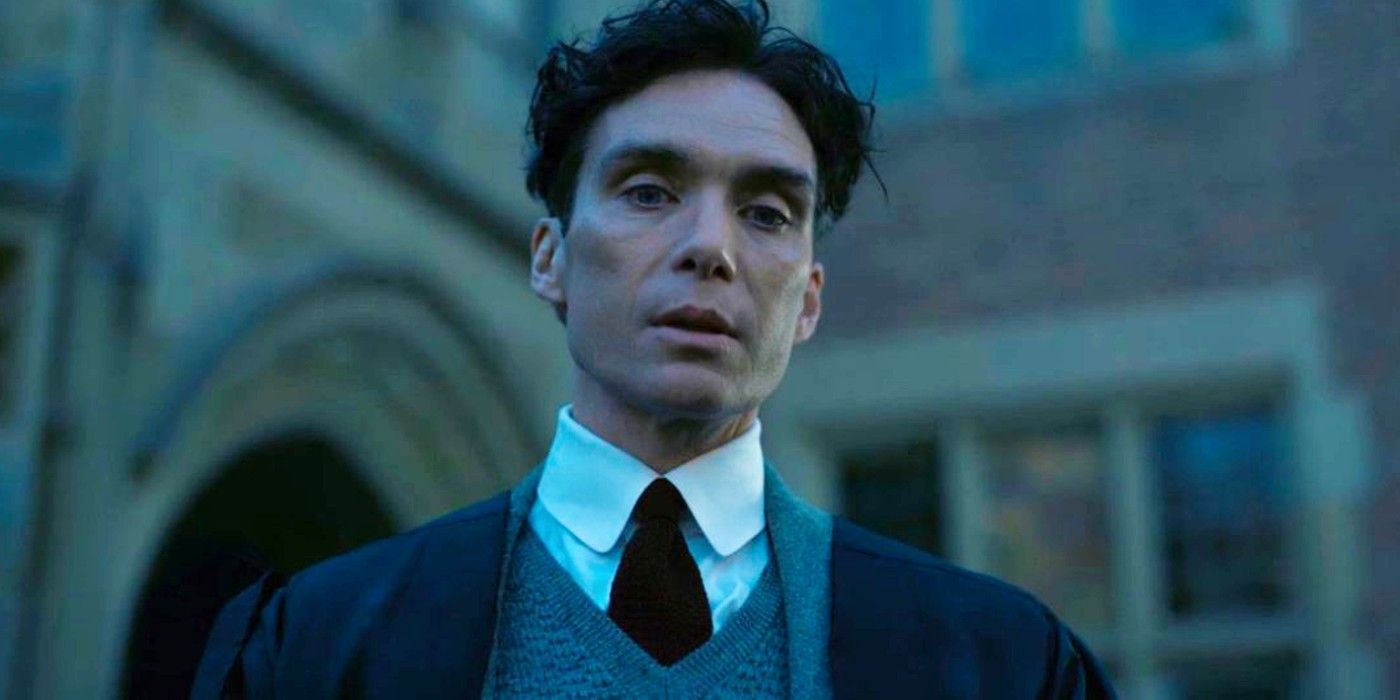Summary
- Oppenheimer’s box office success highlights the audience’s desire for original, non-I.P.-based stories, contradicting Hollywood studios’ reliance on franchises.
- Disney, in particular, is facing underperformance with its biggest franchises like Marvel, Star Wars, and Toy Story, showing that the formulaic approach is no longer effective.
- Studios should learn from Oppenheimer’s success by taking big risks, supporting visionary filmmakers, and exploring new and uncharted territory. However, Hollywood’s track record suggests that they may not learn the right lessons.
Christopher Nolan’s comments about the box office success of Oppenheimer highlight a major problem with the failing strategies of Hollywood studios – especially Disney. After being released alongside Barbie on July 21, Oppenheimer became an unprecedented blockbuster hit with a worldwide gross of $948 million (via Box Office Mojo). It didn’t quite make it to a billion like The Dark Knight movies, but that’s still a very impressive figure for a three-hour R-rated biopic of a scientist. Movies about historical figures talking usually don’t make much of a splash at the box office, let alone become one of the highest-grossing movies of the year.
In light of this massive commercial success, Nolan has been interviewed extensively by Variety to discuss Oppenheimer’s box office returns, the current state of the film industry, and the possibilities for his next project. During the interview, Nolan gave the key reason that he attributes to Oppenheimer’s success, and it’s at odds with the strategy that Hollywood studios have been relying on for over a decade (a strategy that has been consistently failing in the past couple of years). Nolan’s comments have highlighted exactly what the big Hollywood studios – especially Disney, the former ruler of Tinseltown – are doing wrong.
“It’s clear from the box office that audiences are looking for things they haven’t seen before. We’ve been through a period where it was wonderfully reassuring for studio executives to feel that their franchise properties could go on forever and be predictably successful. But you can’t deny filmgoers’ desire for novelty.”
Nolan mentioned in the Variety interview that the success of Oppenheimer highlights the moviegoing audience’s desire for novelty – in other words, original material – while the studios keep hoping that their biggest franchises can go on forever and bring predictable box office success. The fact that Oppenheimer was such a phenomenon, attracting huge blockbuster-sized crowds to watch security hearings in black-and-white, just goes to show that audiences are sick of watching the same superhero movie formula over and over again. They want to go out to movie theaters and see stories and characters and structures and filmmaking styles that they’ve never seen before.
Franchise fatigue has been on full display in 2023 with the underperformance of Fast X, Shazam! Fury of the Gods, and Mission: Impossible – Dead Reckoning Part One. Every studio in Hollywood needs to listen to Nolan and heed his message about audiences’ wishes to see more original non-I.P.-based stories on the big screen. But this problem is especially prevalent at Disney. Over the past decade, Disney has filled its library with franchises it hoped to rely on for sure-fire box office success every year: Star Wars, the Marvel Cinematic Universe, even dull, uninspired live-action revamps of its most iconic animated films.
Disney’s Biggest Franchises Are Underperforming At The Box Office
Marvel, Star Wars & Toy Story Have Let The Mouse House Down
For a while, Marvel movies were a guaranteed hit and Star Wars movies were a guaranteed hit and live-action remakes of Disney’s animated movies were a guaranteed hit, but that’s not the case anymore. Disney’s most reliable franchises have been underperforming at the box office left and right. The commercial failure of movies like Toy Story spin-off Lightyear and Star Wars spin-off Solo: A Star Wars Story arrived as an ominous warning sign that Disney’s reckoning was just around the corner. Now, that reckoning is finally here as new entries in Disney’s biggest and most stable franchises have been flopping at the box office.
Ant-Man and the Wasp: Quantumania failed to break even. Indiana Jones and the Dial of Destiny is expected to lose as much as $100 million for Disney. Live-action remakes of animated classics used to net a billion dollars apiece for the Mouse House, but The Little Mermaid has ended that reign. It wasn’t quite a disastrous bomb – it’s currently the ninth-highest-grossing film of 2023 – but it still underperformed. Haunted Mansion, a retooling of a lackluster movie that already has a pretty scarce fan following, failed to even make back its production budget, let alone its marketing costs. And now, The Marvels is tracking to be another box office disappointment.
Nolan Is Right About What Studios Should Learn From Oppenheimer’s Success
Nolan is right about what the studios are doing wrong. They can’t just keep playing it safe with formulaic franchise entries that repeat all the same plot beats and character arcs that worked in countless previous movies, because audiences are fed up with that. Spending $100 million to dramatize the invention of the atomic bomb might not have sounded like the recipe for a blockbuster, but it’s beaten Spider-Man, Fast & Furious, and Mission: Impossible at the box office. The biggest gambles yield the biggest rewards. Some of the highest-grossing blockbusters of all time were considered to be a risk when they were greenlit.
Fox had very little faith in George Lucas’ original Star Wars movie. Shooting Peter Jackson’s Lord of the Rings trilogy back-to-back initially seemed like a crazy idea. Guardians of the Galaxy was expected to be Marvel’s first bomb. Both Titanic and Avatar were thought to be flushing money down the toilet, but James Cameron turned them both into the highest-grossing movie ever made. Hollywood studios have always succeeded the most when they’ve taken big swings. In the past few years, they’ve tried to limit themselves to safe bets, but 2023’s string of box office failures has proven that there’s no such thing as a safe bet in the film industry.
Why Oppenheimer Is Unlikely To Shift Hollywood’s Attitude To Franchises
Hollywood Has A Tendency To Learn All The Wrong Lessons From Its Successes
Studios would be wise to heed Nolan’s advice and shift away from the franchise-focused model that has lost them a bunch of money this summer. They should look at the success of Oppenheimer and copy all the things that made it work: unwavering faith in a visionary filmmaker, exploring dramatic territory that has never been explored, giving audiences something they’ve never seen before that demands to be seen on the big screen. But, based on Hollywood’s track record of consistently missing the point, it’s not very likely that they’ll shift away from franchises and take on more experimental Oppenheimer-type projects in the near future.
Hollywood has a tendency to learn the wrong lessons from its successes. The lesson from Barbie’s success should’ve been that audiences want to see female-driven comedies with perfect casting and original storytelling, but the lesson that Hollywood has learned is that audiences love movies based on toys. Mattel is currently hard at work on movie adaptations of every single doll, action figure, and game in its product line. It would be great if Oppenheimer led to a tide change in Hollywood and a rise in original cinema, but it’s highly unlikely that the studios will learn the right lessons from its success.
Source: Variety, Box Office Mojo









